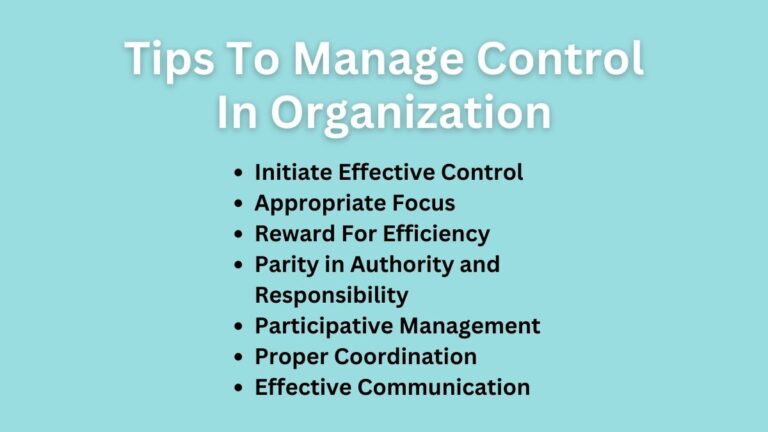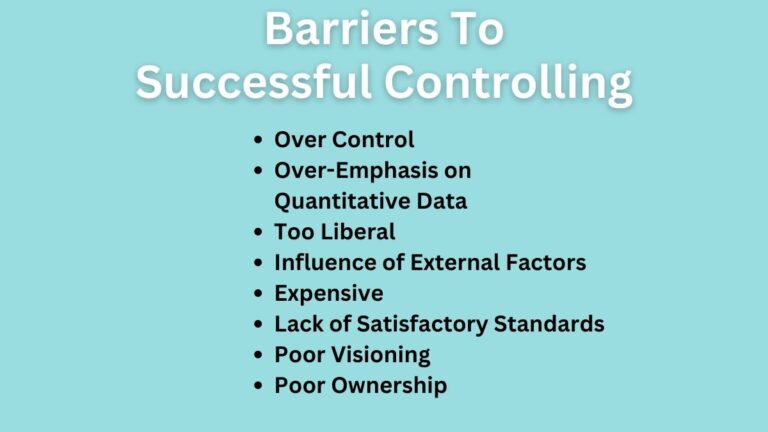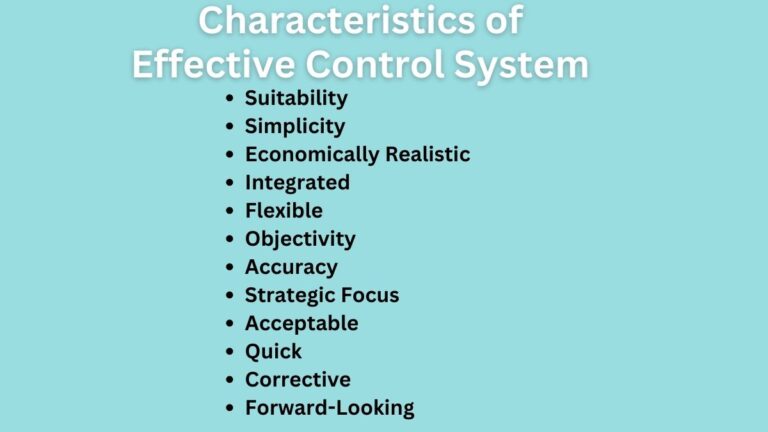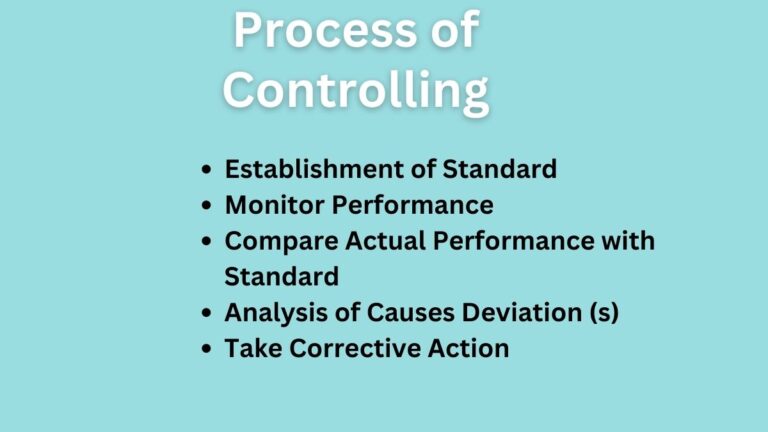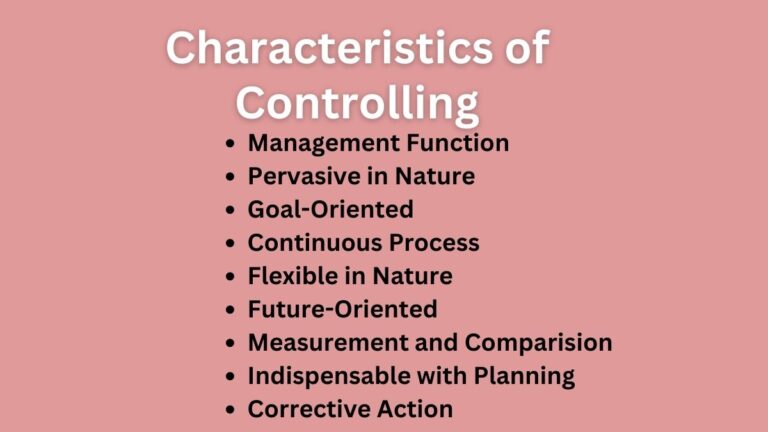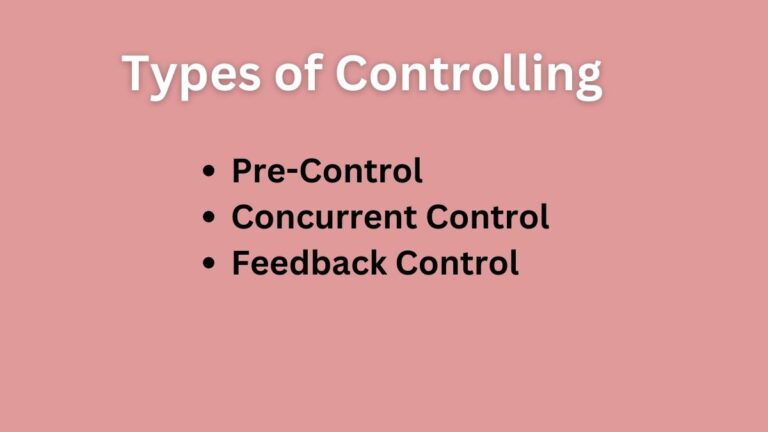What is Quality? Definition, Dimensions, Importance, and Factors Affecting
What is Quality? Quality refers to the ability of the product or service to satisfy customer expectations and needs. It is judged by comparing the product with other similar products. Quality is a vague concept. It is subjective in nature. Every person has their own definition of quality. It is the perception of people toward…

